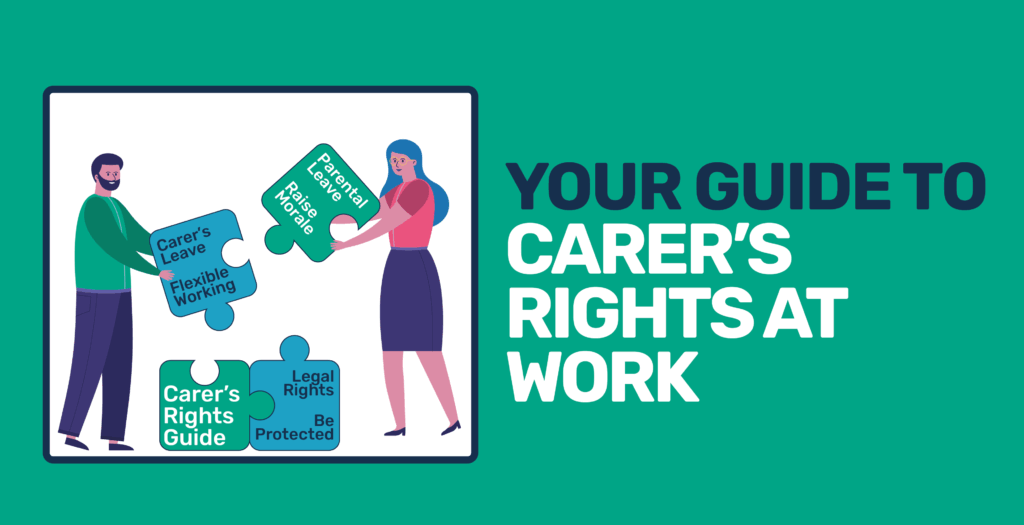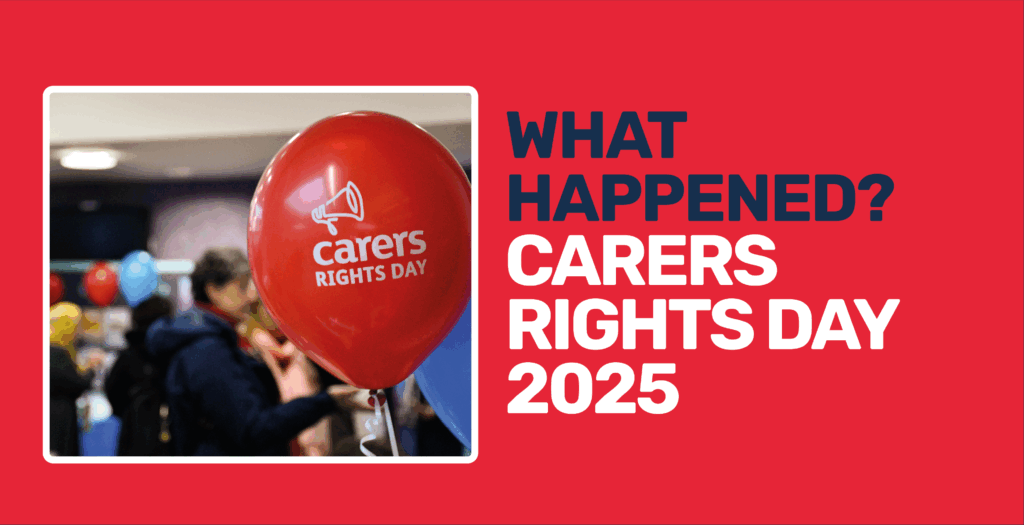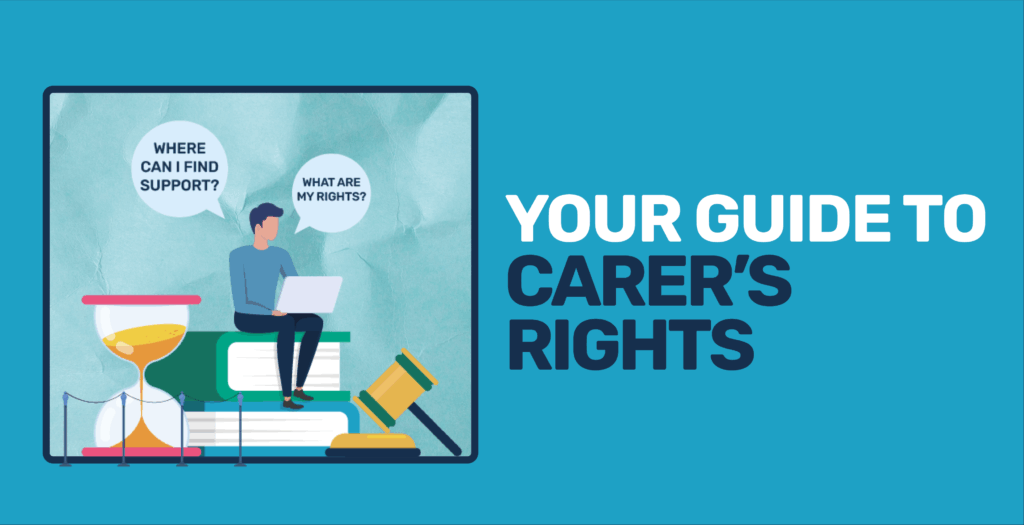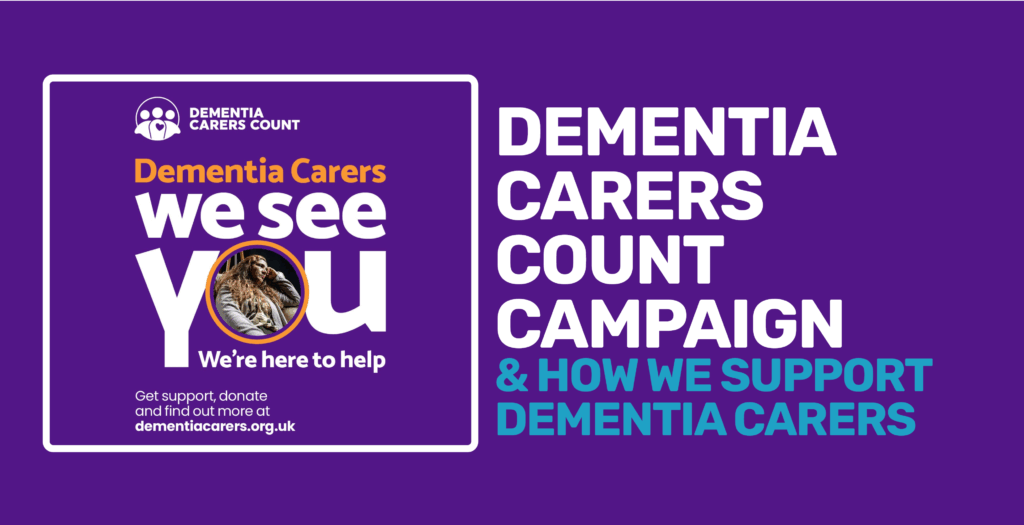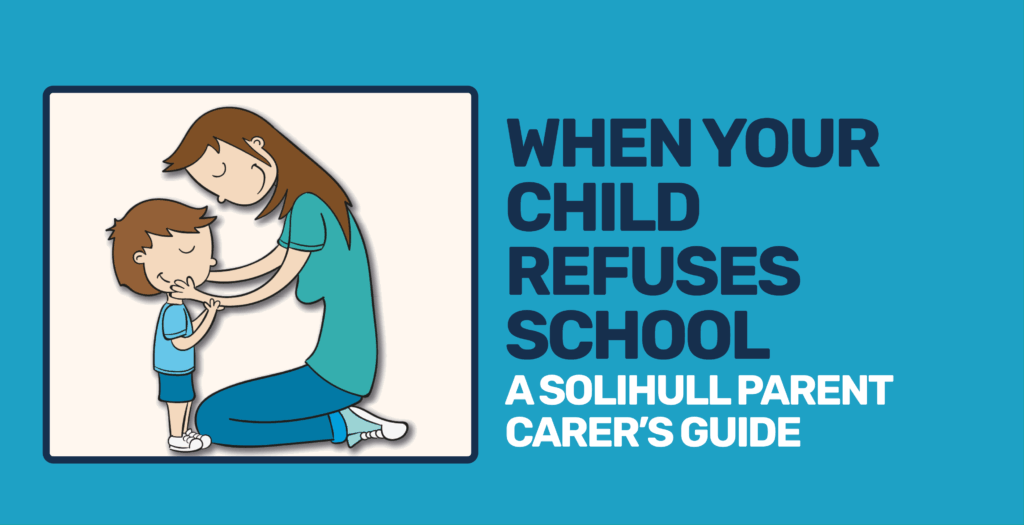Carer's Rights at Work
There are around 7.7 million people in the UK juggling a caring role and paid employment. Balancing work and unpaid care is not easy, in fact, most will reduce hours or even leave their employment in order to provide that care. It is vital for employees and employers to know what rights, protections and support is available. Knowing your rights can protect your job, support your wellbeing, and improve how you’re treated at work.
For employers, learning how to support carers can increase employee retention with improved morale and productivity.
Whether you’re employed full-time, part-time, or on a zero-hours contract, this guide explains what protections you have under UK law, how to use them, and where to go for help.
Understanding Your Employment Status
Your legal rights depend on your employment status. Most unpaid carers fall into one of the following categories:
Employee
You are entitled to the most legal protections. As defined by ACAS (The Advisory, Conciliation and Arbitration Service), employees work under an employment contract, are obligated to perform work personally, and must be provided with work by the employer. Employees benefit from:
Protection from unfair dismissal
Statutory sick pay
Redundancy rights
Maternity, paternity and parental leave
Statutory notice periods
Right to request flexible working from day one
You can learn more about Employment status and rights by clicking here
Worker
A worker has fewer rights than an employee but is still entitled to key legal protections. According to ACAS, workers are those who provide personal service but may have more flexibility in rejecting work. They are entitled to:
National Minimum/Living Wage
Paid holiday
Rest breaks
Protection from discrimination
You can learn more about Worker status and rights by clicking here
Self-employed
If you’re self-employed, you’re your own boss. ACAS defines this status as someone who runs a business for themselves and takes responsibility for its success or failure. You usually have no legal right to holiday pay or sick pay, but may still qualify for support via Universal Credit or National Insurance-based benefits.
Zero-hours contracts: Many carers work on zero-hours contracts, which still offer legal protections, including:
National Minimum or Living Wage
Accrued holiday pay based on hours worked
Rest breaks under Working Time Regulations
Written terms and payslip
Protection from exclusivity clauses (you can work for other employers)
Right to protection from unfair treatment if you refuse work
You can learn more about Self-Employment status and rights by clicking here
If you’re unsure of your status or believe your contract is unfair, ACAS offers practical advice and resolution support. Click here for ACAS support
Zero-hours Contracts
Carers working zero-hours contracts may not have guaranteed hours, but they still have legal protections:
National Minimum or Living Wage, even if only working a few hours.
Holiday pay, calculated based on hours worked.
Rest breaks, and limits on maximum working hours.
Written terms and a payslip from day one.
Protection from unfair treatment if they refuse work.
The right to work for other employers — exclusivity clauses in zero-hours contracts are unenforceable.
Zero-hours contracts may suit some carers due to flexibility, but can be unpredictable and make it difficult to plan finances or secure support like mortgages or loans.
If you’re unsure of your status, believe your contract is unfair or your employer is treating you unfairly, ACAS offers practical advice and resolution support. Click here for ACAS support
Your Core Workplace Rights as a Carer
Unpaid carers have a growing set of legal protections to help manage their dual responsibilities. Knowing when and how to use them is key. The following on your statutory rights, but you may also have other protections and support from your employer. Make sure to read your contract, employee handbook, or consult with a staff or union representative to understand what support structures are in place.
Carer’s Leave
Unpaid carers now have a legal right to take up to five days of unpaid leave each year, to help manage caring responsibilities.
-
This applies from your first day of employment.
-
It covers care for a spouse, partner, civil partner, parent, child, or dependent.
-
The leave is meant for planned care tasks like attending medical appointments or arranging services.
-
You do not need to show proof of your caring role.
-
Employers cannot refuse the leave, though they can delay it for legitimate business reasons.
You can learn more about Carer’s Leave by clicking here
Time Off for Dependants
This right allows unpaid carers to take unpaid time off to deal with unexpected or emergency situations involving someone who depends on them.
-
This could include the sudden illness of a loved one, the breakdown of care arrangements, or dealing with a crisis.
-
There’s no fixed number of days, but time off must be “reasonable.”
-
You must notify your employer as soon as reasonably possible.
You can learn more about Time off for Dependants by clicking here
Flexible Working Act 2023
As of April 2024, employees have the day-one right to request flexible working. This is particularly helpful for unpaid carers needing more manageable shifts or working from home.
-
You can request changes to your work pattern, hours, or location.
-
You can make two requests per year.
-
Employers must respond within two months.
-
Requests can only be refused on clear business grounds.
Here is a summary, via Carers UK, to explain different examples of flexible working. Please note however that the names may sometimes differ:
-
Flexi-time – employees may be required to work within set times but outside of these ‘core hours’ have some flexibility in how they work their hours.
-
Working from home or remote working – where employees spend part or all of their working week away from the workplace. Home-working is just one option.
-
Hybrid working – where employees split their time between the workplace and remote working.
-
Job sharing – usually two employees share the work normally done by one person.
-
Part-time working – employees might work shorter days or fewer days in a week.
-
Term-time working – employees don’t work during school holidays and either take paid or unpaid leave or their salary is calculated pro-rata over the whole year.
-
Staggered hours – employees have various starting and finishing times meaning that goods and services are available outside traditional working hours.
-
Compressed hours – employees work their total hours over fewer working days eg, a 10-day fortnight is compressed into a nine-day fortnight.
-
Mealtime flex – employees take their lunch break when it suits them during the work day. Some employees may choose to take a shorter break instead and leave work earlier.
-
Annualised hours – employees work a specified number of hours over the year but have some flexibility about when they work. These employees usually have a set number of ‘core’ hours they work each week and work the remainder of their hours flexibly.
You can learn more about Flexible Working by clicking here
Download resources & templates by clicking here.
Protection from Discrimination
Though carers are not directly protected under the Equality Act 2010, you are protected by ‘association’ if you care for someone with a disability.
-
Discrimination by association is unlawful, meaning your employer cannot treat you less favourably because of your caring role.
-
This includes being overlooked for promotions, targeted with negative remarks, or penalised for absences related to your caring role.
Parental Leave
If you’re caring for a child under 18, you may be entitled to up to 18 weeks of unpaid parental leave per child.
-
You must have worked for your employer for at least a year.
-
Leave must be taken in blocks of a week (unless the child is disabled).
-
Maximum of four weeks per year, per child.
-
You must give at least 21 days’ notice.
You can learn more about Parental Leave by clicking here
Further Support and Resources
Here you will find resources that can explain further some of the topics we have shared.
Carer Friendly Workplaces are Good for Business - Employer Support and Resources
If you are an employer, you should know that 1 in 7 of your workforce will already be caring for someone who is older, disabled or seriously ill. Many of which will give up work in order to provide that care. You can support those employees, improving employee retention and quality of life at home and in the workplace, with help from Employers for Carers.
You can get advice about:
- Identifying carers in the workplace
- Managing staff carer networks
- Directing staff to other sources of support outside the workplace
- Practical solutions to combining work and care
You can get training to help you with:
- Employment law
- Carers rights
- Flexible working
- Managing stress
Visit and learn more from Employers for Carers by clicking here.
We also provide information for professionals to support unpaid carers of all ages, which you can find on our Professionals Hub.
Why is it so important to support unpaid carers in the workforce? Employers who invest in supporting carers see tangible benefits:
Higher retention: Centrica saved £3.1 million annually by avoiding unplanned absences and improving employee retention with carer-friendly policies.
- The peak age for caregiving is between 45 and 64, a demographic that often encompasses highly experienced and skilled workers. Without adequate support, businesses risk losing valuable talent, leading to increased recruitment and training costs.
- Nationwide, UK businesses could save up to £4.8 billion annually by minimizing unplanned absences and an additional £3.4 billion through enhanced employee retention when adopting flexible working arrangements for carers.
Improved productivity: Supported employees are more engaged and less likely to require unplanned leave.
- Supportive measures, such as flexible working hours and paid carers’ leave, can alleviate stress and prevent burnout among employees juggling work and caregiving responsibilities.
Better reputation: Inclusive policies enhance employer branding and attract top talent. Under the Equality Act 2010, employers have a duty to prevent discrimination against employees with caregiving responsibilities.
Learn more about being an employer and carer-friendly workplaces with our Employers and Business Professionals Support by clicking here.
carer’s rights at work
carer’s rights at work
carer’s rights at work
carer’s rights at work
carer’s rights at work
carer’s rights at work
carer’s rights at work
carer’s rights at work
carer’s rights at work
carer’s rights at work
carer’s rights at work
carer’s rights at work
